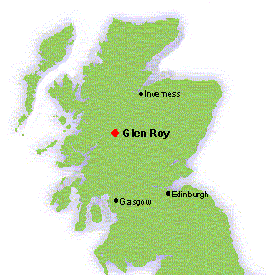How can digital technology unlock the secrets of an arboretum and make it available to a wide audience? That was one of the main questions of the keynote talk by Jennifer Gardner, curator of the Waite Arboretum at the University of Adelaide, opening the 9th conference of the Australian Forest History Society (AFHS).
In 1928 the arboretum was established on land that was given by Peter Waite (1834-1922), pastoralist and benefactor, to the University of Adelaide. Over time the collection of the arboretum evolved into a valuable resource for teaching, research and a bank of genetic plant and tree material. The collection has been meticulously documented and in the 1980s the handwritten system cards were transferred into a computer database. Continue reading

Recent Comments